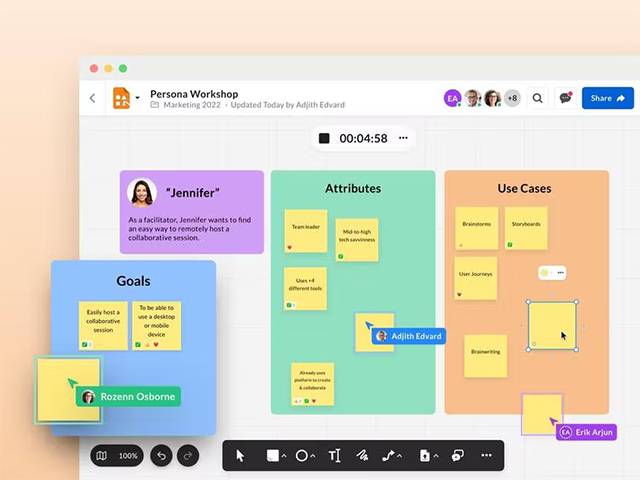3 Note-Taking Tips for Students

If you want to pass more exams in college, improve your GPA, and increase your knowledge retention, you need to become an excellent note-taker. But if nobody has ever taught you how to properly take notes, doing so can prove to be a real challenge.
The Importance of Taking Notes
Note-taking isn't something that teachers and professors encourage simply to keep students busy. It provides tangible benefits that impact every aspect of your experience.
Here are some of the specific reasons for taking notes:
- Knowledge absorption and retention. Research shows that taking notes leads to better knowledge absorption, as well as increased retention (even weeks or months after the initial exposure to information).
- Alertness and focus. Students who take notes are more alert and focused in the classroom. They're less likely to become distracted and spend less time daydreaming. Individuals who regularly take notes also say it helps keep them awake.
- Simplifies studying. It's a lot easier to review information and study for an exam when you take notes. It's easier to absorb information when you take the time to actually write it down and create a connection with the material.
- Shows commitment. Teachers notice when students take notes. If you're disciplined enough to take notes, your teacher will notice. This sort of commitment creates goodwill and may encourage the teacher to give you the benefit of the doubt in situations where a grade is subjective.
- Life skills. Learning how to take notes is an investment in a life skill. This skill will go with you into the professional world when you're forced to record information and learn new things without all of the guardrails and systems that are in place in a formal education system.
3 Note-Taking Tips
The simple act of taking notes will automatically give you certain advantages – no matter how "good" or "bad" you are. However, if you can improve your note-taking skills, you'll enjoy compounding results. Here are some helpful tips:
1. Take Notes By Hand
According to research by AP Psychology teacher Christopher Farina, nothing beats handwritten notes.
"The studies that have been done on (handwriting) theorize that if you're taking notes during lecture, (handwriting) forces you to pay attention to the information that's really important, because you can't possibly write it all down," Farina explains.
It might seem old-school to some, but good old-fashioned pen and paper is the way to go. In addition to improving your memory, it also forces you to use shorthand. Research shows that developing shorthand forces your brain to be even more creative with how it remembers information.
2. Try the Outline Method
There are dozens of different note-taking strategies and techniques. The outline method is a great option that is easy to learn.
"The outline method is one of the most intuitive and simplest ways to take notes," Box explains. "As the name suggests, the outline method turns notes into a hierarchy of information, providing a logical flow of content on the page and keeping it highly organized. With the outline method, you can take notes by hand or digitally."
The biggest benefit of using an outline method is that it's totally clean. Everything is already properly ordered, which means less time spent organizing notes after class.
3. Debrief and Organize
After the class or lecture is complete, it's helpful to take a few moments to debrief and organize your notes while the information is still fresh on your mind.
Depending on how careful you were during live note-taking, you may need to edit and revise some of your notes, clarify unclear parts, and reorganize your notes into a more cohesive format. You don't want to wait too long to do this, as the information may become less clear as time goes on.
While handwritten notes do have benefits (as highlighted above), organizing notes becomes easier if you use a note-taking app or other digital solution. You can easily fix errors, and use features like copy, cut, and paste to move notes around and organize the information.
Adding it All Up
As you can see, there are certain steps you can take to improve your note-taking skills and enjoy even greater advantages as a student. From improved grades to the cultivation of valuable life skills, don't underestimate the power of note-taking. This is your chance to step up your game!
MORE



